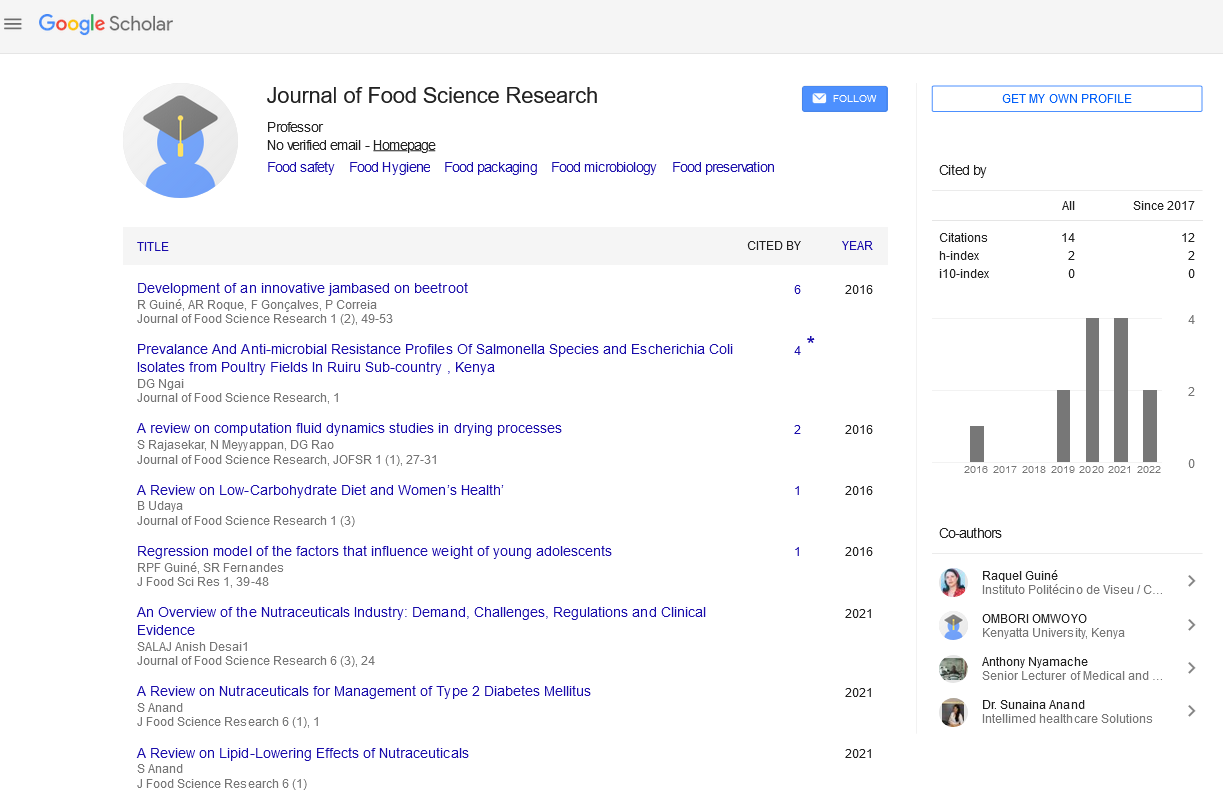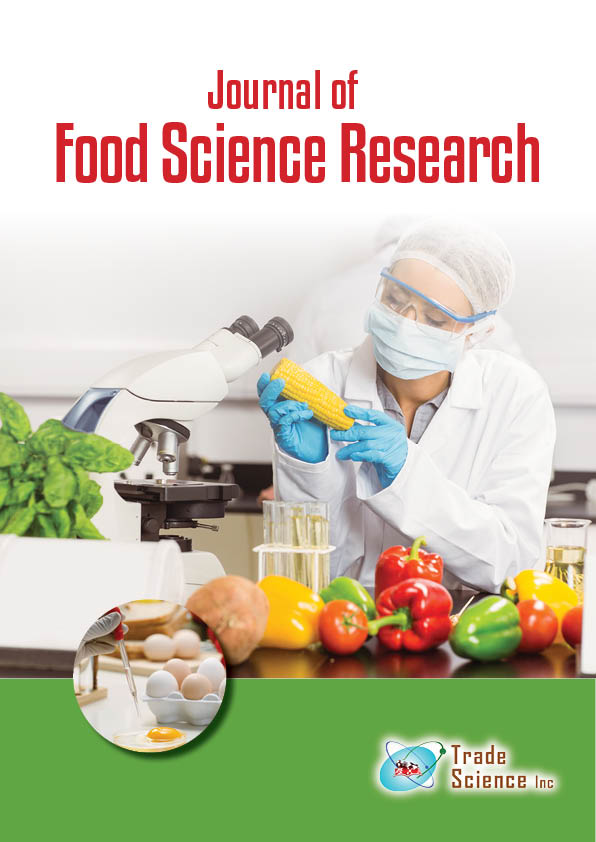Abstract
Nutraceutical impact for human health in Therapeutic index.
Author(s): Mahmudul HasanNutraceutical:A food or part of a food that allegedly provides medicinal or health benefits, including the prevention and treatment of disease. A nutraceutical may be a naturally nutrient-rich or medicinally active food, such as garlic or soybeans, or it may be a specific component of a food, such as the omega-3 fish oil that can be derived from salmon and other cold-water fish. The word "nutraceutical" is a portmanteau of the words "nutrition" and "pharmaceutical", coined in 1989 by Stephen L. DeFelice, founder and chairman of the Foundation of Innovation Medicine. Indians, Egyptians, Chinese, and Sumerians are just a few civilizations that have used food as medicine. Recent studies have shown promising results for these compounds in various complications. In the present review much effort has been devoted to present new concepts about nutraceuticals based on their diseases modifying indications. Emphasis has been made to present herbal nutraceuticals effective on hard curative disorders related to oxidative stress including allergy, alzheimer, cardiovascular, cancer, diabetes, eye, immune, inflammatory and Parkinson's diseases as well as obesity. It is this specific ability to help combat cardiovascular disease and viruses in general that have made them a topic of interest in the fight against COVID-19. The recently published papers about different aspects of nutraceuticals as alternative for pharmaceuticals were searched using scientific sites such as Medline, PubMed, and Google Scholar. The used terms included nutraceutical and allergy, alzheimer, cardiovascular, cancer, diabetes, eye, immune, inflammatory or Parkinson. The food sources used as nutraceuticals are all natural and can be categorized as (Kalia 2005; Kokate et al. 2002):Dietary Fibre,Probiotics,Prebiotics,Polyunsaturated fatty acids,Antioxidant vitamins,Polyphenols,Spices

